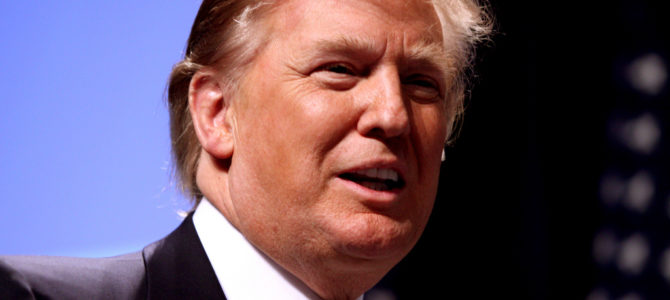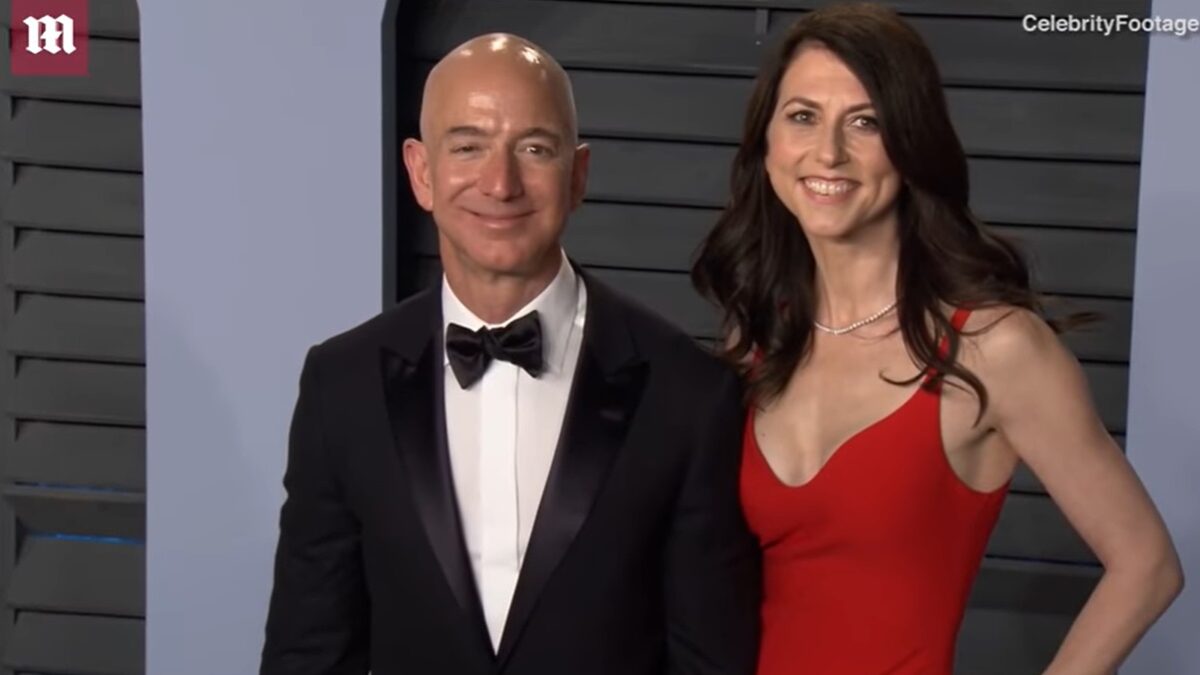
When New York Times columnist Paul Krugman made a hysterical election night prediction that a Trump presidency would lead to an immediate downturn in the financial markets from which the nation would probably never recover, most of his liberal audience nodded in agreement.
Krugman has since taken back that foolish guess, but he and other liberal pundits and economists have not backed off the idea Trump and his administration have no idea what they’re doing. No matter how high the Dow went during the last 13 months, Krugman and the rest of the liberal chorus have largely stuck to their prophecies of doom — decrying any evidence otherwise as the result of either Trumpian luck or circumstances beyond his control.
Yet The Times reported in a front page feature Monday that there is now an emerging consensus in the business world, and even among economists, that “a wave of optimism has swept over American business.” And that wave is bringing with it “the sort of investment in new plants, equipment and factory upgrades that bolsters economic growth, spurs job creation — and may finally raise wages significantly.”
What’s even more astonishing is that as the story’s headline concedes, this impending boom is being directly caused by “The Trump Effect.” American businesses aren’t, as The Times points out, merely happily anticipating the cut in corporate tax rates provided by the reform bill passed last month by Congress. What’s really fueling the upturn, according to The Times, is “the Trump administration’s regulatory pullback.”
Despite the widespread consensus in the mainstream media that the administration has been a disaster on all fronts, Republicans have often singled out regulatory reform as a highlight of Trump’s first months in office. Liberal economists have dismissed this assertion as nothing more than a talking point to reassure Republicans that Trump was, despite his populist tone, trying to govern like a conservative. But, as The Times report points out, the impact of his orders to cut back on regulations that hamstring businesses is real.
Since business leaders are reassured that not only will many Obama-era regulations be cut back, but also that no new arcane rules will be implemented in the next few years, they’re able to plan with confidence. That means more investment, more jobs, and ultimately higher wages for workers in a trifecta that appeals to both big business and also to the needs of the working class voters who were responsible for electing Trump last year.
If even the front page of The Times is prepared to accept that Trump’s policies are having a tangible and positive impact on the economy, then those who, like Krugman, are still denying that the administration’s ideas are working are the outliers.
But if we are on the cusp of a new spurt of growth for the economy that can be credited to Trump, that has big implications worth considering for the midterm elections in 2018, when Republicans are expected by many to take a shellacking.
The impact of Trump’s deregulation is amplified by the way Barack Obama piled them on in the years before him. While Obama wasn’t the first president to use the vast power of the federal government to impose liberal patent nostrums on the business sector, his was easily the most left-wing administration in generations. The period from 2009 to 2016 was one of regulatory overkill, as liberal ideologues throughout the federal bureaucracy skillfully imposed their will on many industries.
The result was a regulatory nightmare that was a godsend to lawyers, accountants, and lobbyists, but added immensely to the cost of doing business in the United States. Just as importantly, the prospect of ever increasing regulation that was neither logical nor predictable made it difficult for even the most financially solid businesses to plan for the future.
The prospect of lower corporate taxes will help businesses and, given Trump’s proven ability to pressure and shame the private sector into doing what he wants, is also likely to result in more investment rather than just stock buybacks and higher dividends. But the ability to plan without the fear that unelected and unaccountable bureaucrats will swoop in with new rules from which there is no easy escape or appeal may be even more important. Without the prospect of unforeseen regulations that can cripple a business and increase costs to the point where new ventures become unprofitable, a decision to invest and to create new jobs, as well as increase wages, becomes a lot more likely.
Combining these factors could, as The Times concedes, lead to the full recovery from the 2008 recession that eluded Obama for eight long years. But can an economic boom save the Republicans from the sort of electoral shellacking that appears to be in the cards in November?
Midterm elections are almost always hard on the party that controls the White House, and no president in the history of polling has had the bad favorability numbers that Donald Trump has received. While Republicans are generally happy with his first year in office, the drumbeat of negative mainstream media coverage has put him deep under water among Independents, and he remains deeply hated by Democrats who still find it difficult to accept his Electoral College victory.
Some blame can be placed on a biased media, but much of it is also the product of a Twitter presidency that produces fodder for the anti-Trump”resistance” on a daily basis. Trump’s unorthodox behavior and lack of a traditional presidential temperament rather than any actual scandals is the basis of this problem, but it is still a genuine threat to his ability to govern. Should the GOP nominate more candidates like Roy Moore, rather than the carefully picked winners selected by the establishment in 2014 and 2016, that would be a formula for an even greater Republican defeat.
Even worse, if Special Counsel Robert Mueller’s fishing expedition that has already strayed from a probe of possible collusion with Russian meddling in the election should produce any tangible proof of something more than bad judgment on Trump’s part, then 2018 will be a Republican catastrophe of historic proportions.
But if the best Mueller can do are indictments on charges that, like those already lodged against Michael Flynn, have nothing to do with Trump, and if Republicans can avoid more fiascos like Moore, then it’s likely the state of the economy will play a key role in the midterm outcome.
That means that if The Times and the Trump administration are right, and the economy starts producing the very things the president promised, all bets should be off on predictions of a Democratic Congress bent on impeachment being sworn in 12 months from now. If so, then The Times story Monday that spoke of a surge of optimism may be the harbinger of some unanticipated bad news for its liberal readers.









